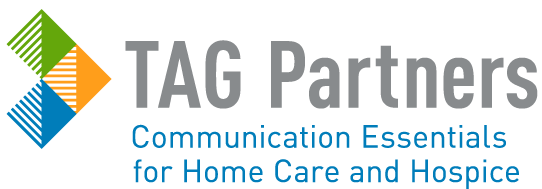Have you spread the word about the dangers of ultraviolet radiation exposure to your clients lately? The sun emits harmful radiation in the form of ultraviolet rays that can be damaging to the skin and eyes. Here are some quick facts:
UV-A rays have long wavelengths that can penetrate the middle layer of your skin and cause long-term skin damage. Skin damage is cumulative, so prolonged exposure to UV-A rays causes premature aging and an increased risk of skin cancer.
UV-B rays have short wavelengths that reach the outer layer of your skin and are the main cause of sunburns. These rays are also harmful to the eyes and can cause a corneal sunburn and contribute to the development of cataracts. Other eye diseases linked to UV radiations include macular degeneration and pterygium.
Raising awareness about the dangers of UV radiation and how it can be minimized also calls attention to your agency and its place as a health leader in your community. Here are some ideas to consider:
Print and distribute sun safety information throughout your service area. We can print sun safety flyers for you from reputable sources such as The American Academy of Dermatology and the Centers for Disease Control.
Stop by all your local senior communities to distribute sunscreen and hand it out with copies of your Marketing Brochure.
Share UV safety tips on a Retractable Banner at your agency. We can create a banner and include tips on it like those shown below:
Wear sunglasses that screen out 75% to 90% of visible light and block out 99% (UV400) of both UVA and UVB radiation.
Avoid indoor tanning. Tanning beds expose the skin to both UVA and UVB radiation. UV skin damage is cumulative, and those who begin indoor tanning before the age of 35 increase their risk for developing melanoma by 75%.
Stay in the shade as much as possible during the peak hours of sun exposure between 10am – 4pm.
Wear sunscreen with at least an SPF of 15 every day. Apply at least an ounce of sunscreen every two hours when out in the sun. Reapply more often if you are sweating or swimming. Allow sunscreen to fully soak in before going back into the pool or it will wash right off.
Cover up your skin by wearing long-sleeve shirts, pants, and wide-brimmed hats.
Avoid prolonged exposure to sun-amplifying surfaces like sand, water, snow, and even windows, especially during the peak hours of the day.
We encourage you to visit our web store for informational materials for Home Heath and Hospice Care.




